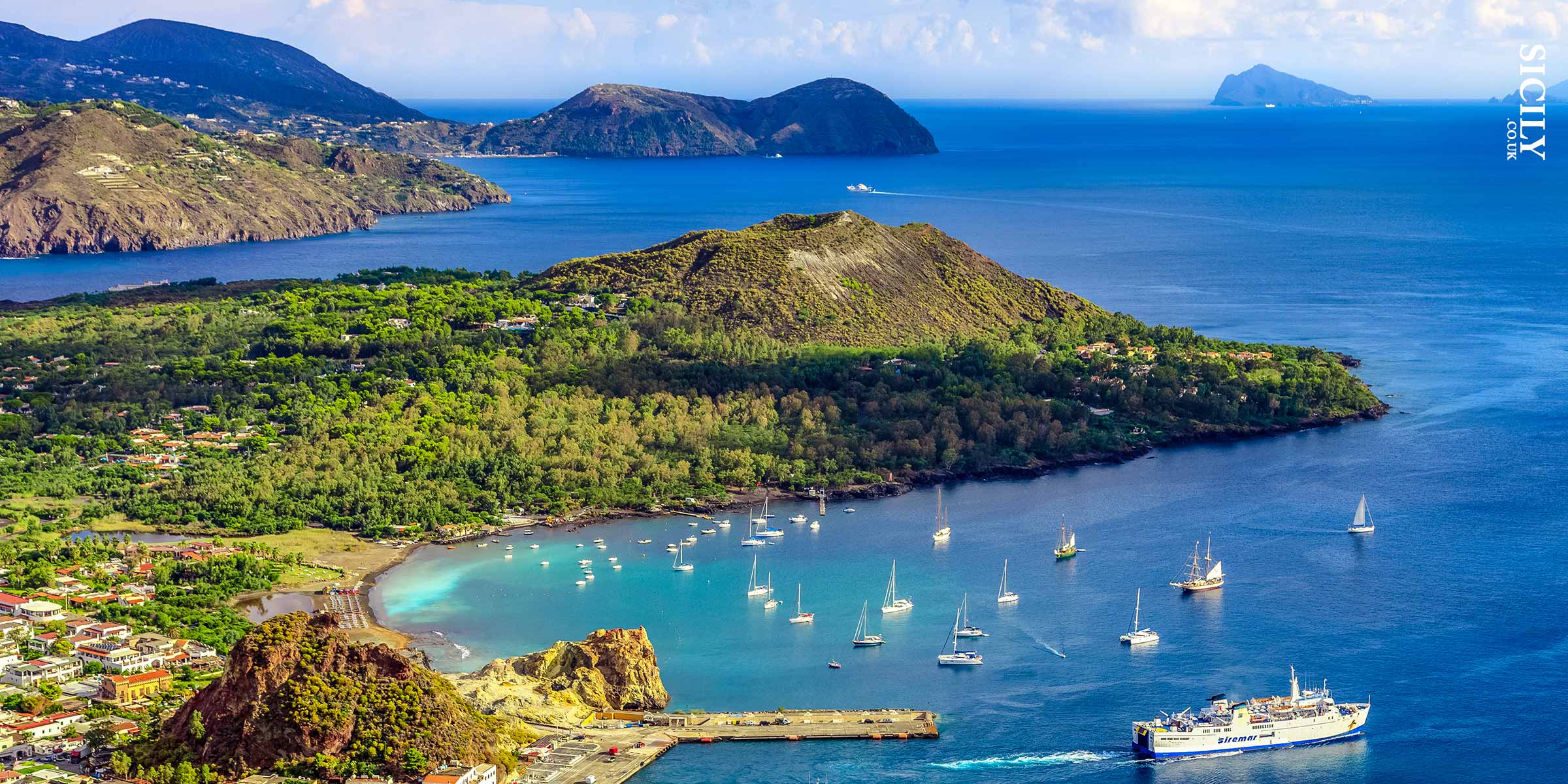Etna
Listed in 2013
What makes Etna such an important site? Easy! Look at how many records this volcano holds…
Etna is the tallest, largest and most active volcano in Europe. And, it has the longest documented volcanic history in the world dating back to 475 BC.
Situated on the eastern coast of Sicily, with over 3000 meters in height, its profile and fumes dominate the landscape. To fully experience its grandeur, try a one of a kind adventure by hiking up its slopes – or cheat and take a four-wheeler tour! See for yourself what it feels like to be on top of such a powerful natural force.
…And don’t worry, although the volcano is still active it is monitored by over 120 seismic activity stations and satellites therefore no danger is involved.







